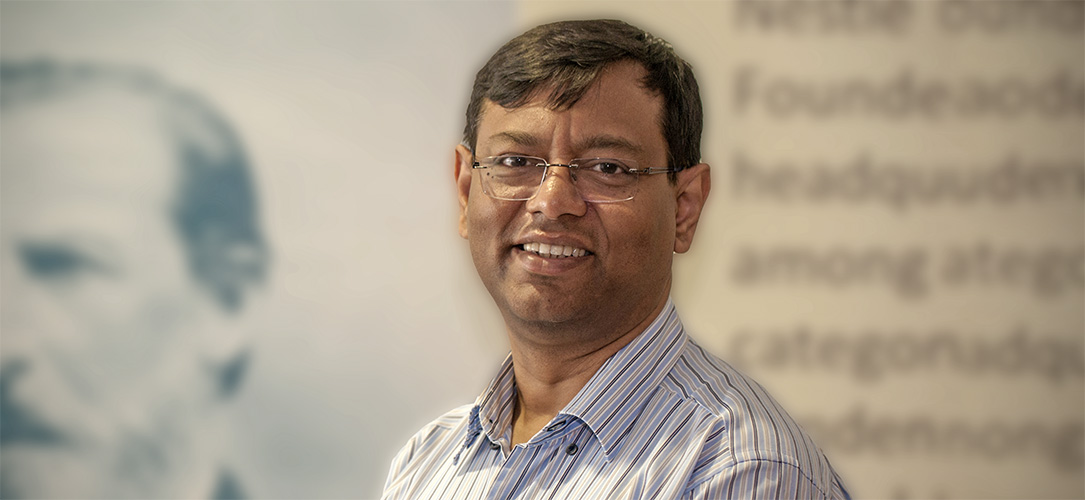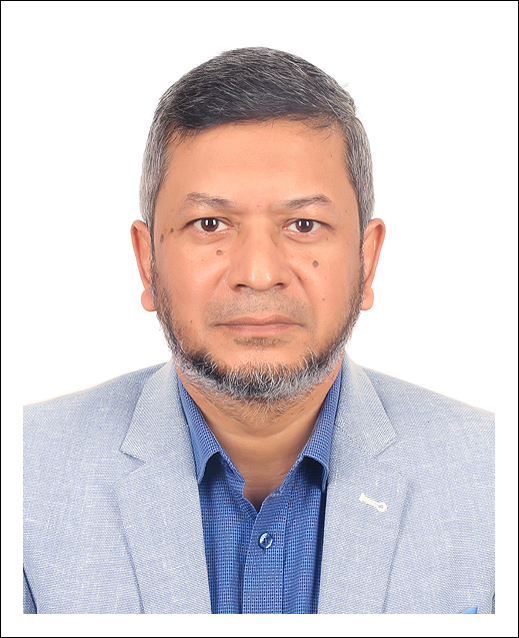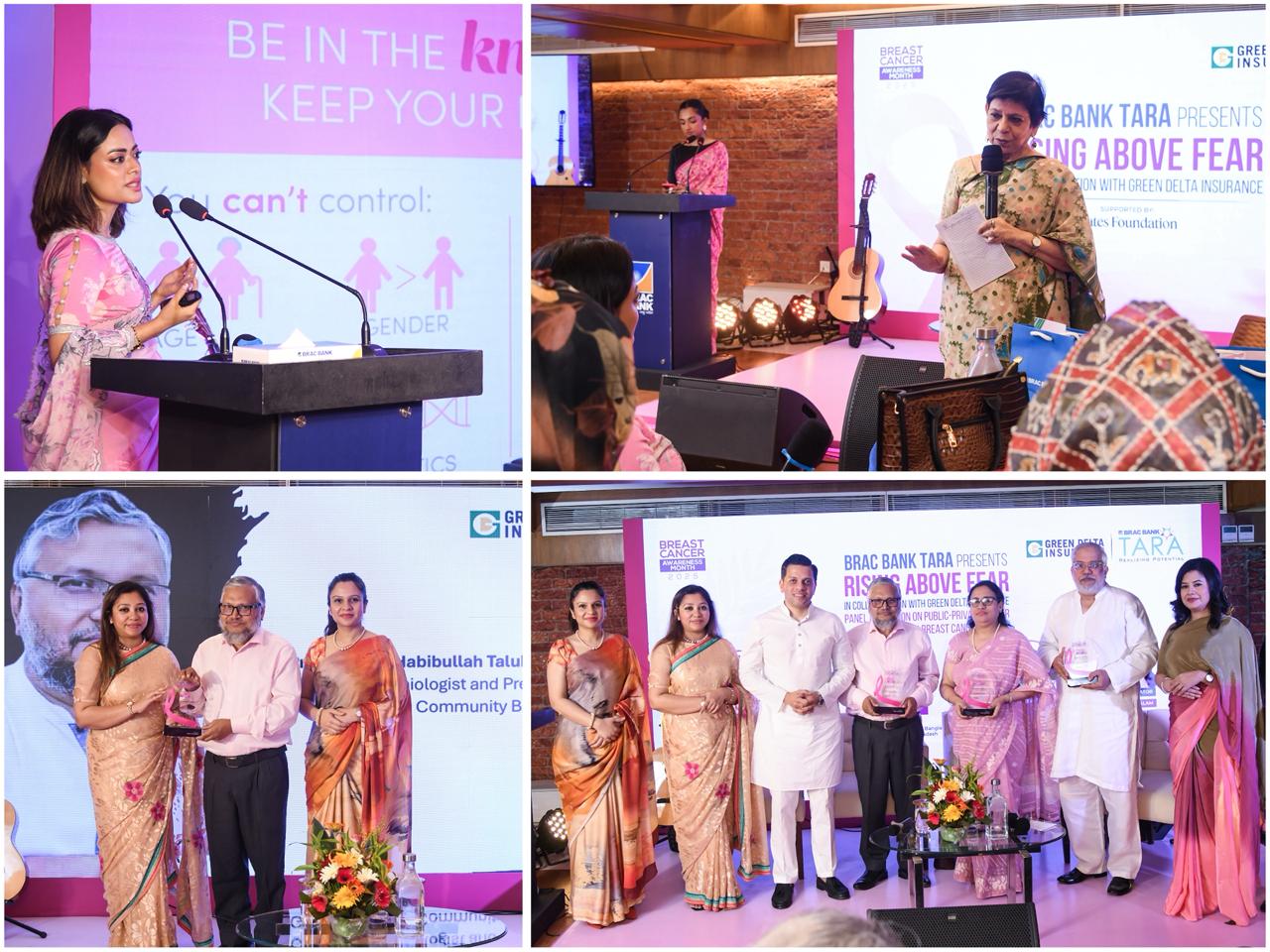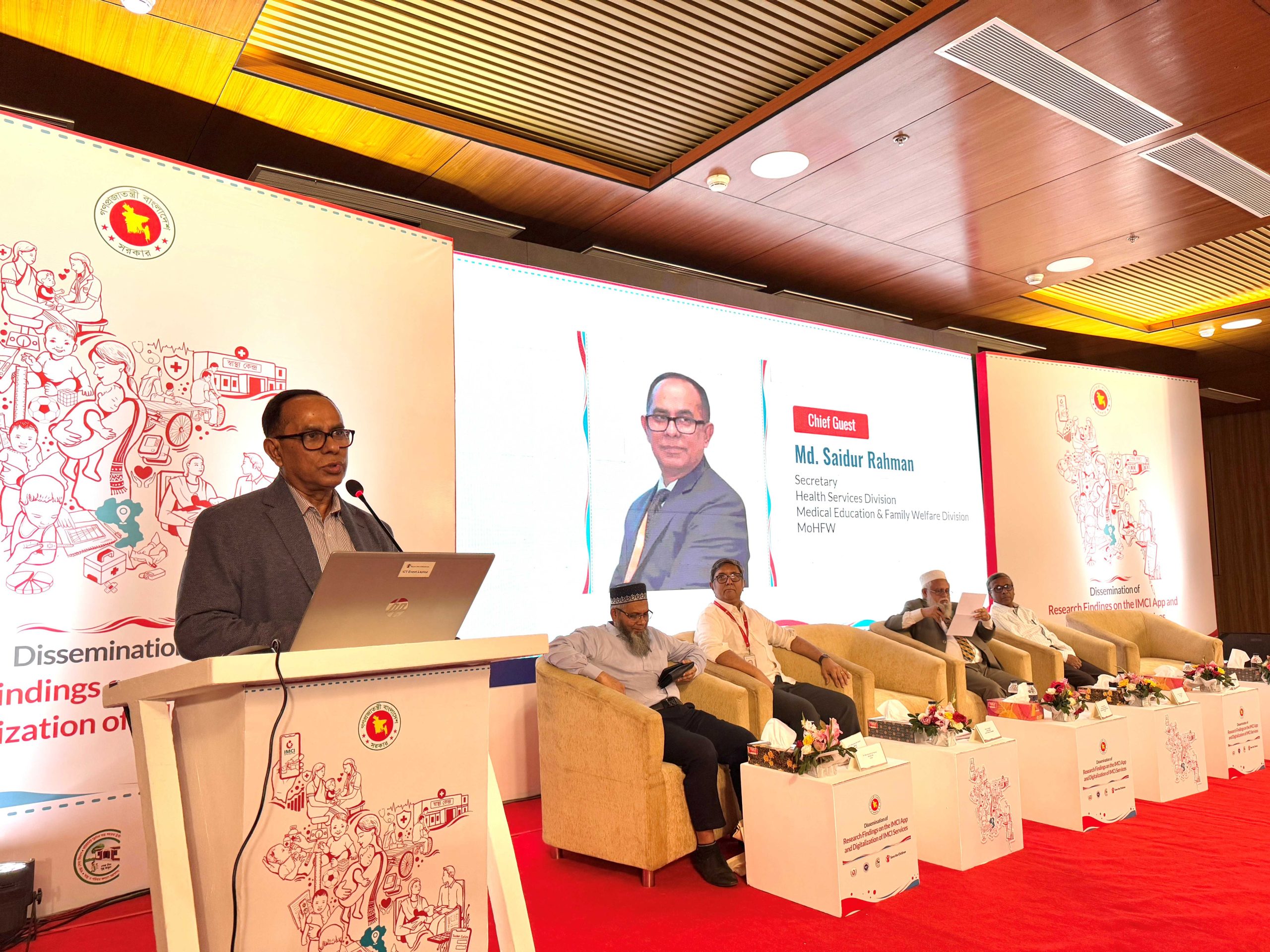Nestle is indeed a powerhouse in the food industry and the biggest brand in the world. And the 2,000 plus products are a testament to their global success. Henri Nestle set the blueprints of shaping a healthier world in 1886 and with their operations now spreading across 190 counties, his vision is closed to being fulfilled. Keeping that very vision in mind, Nestle set grounds in Bangladesh 25 years ago, first as a joint collaboration with Transcom and then eventually in 1998, it became a subsidiary of Nestle S.A. as Nestle Bangladesh. Shammi Rubayet Karim has been with Nestle since 2000 but the eloquent manner in which he speaks about it will have you convinced that he has been with Nestle since its inception. The Head of Communication and Marketing Services gave ICE Business Times a closer look at how the conglomerate plans to expand its reach in Bangladesh.
The food giant prides itself on consistent quality; Shammi explained how this is at the core of Nestle strategy. He explained that how Nestle engages in consistent research and investment. He elaborated how the foundation of Nestle is built on nutrition, health, and wellness and how they go to great lengths to stay up-to-date with the latest consumer trends, “We have been pioneers of the food industry and a lot of it is due to the fact that we have never shied away from embracing new science and technology. We want to introduce healthier products to the market as time goes and for that, we invest heavily in research and development and patented technology.” However, focusing on producing healthier food can prove to be challenging when factoring in the eclectic palette of 190 countries. Nestle understands that manufacturers must cater to specific preferences of their diverse customer base; while some of Nestle’s food items are consistent in taste throughout the world, others are made with a slightly more local twist. “We have several R&D setups that covers huge geographic regions. For instance, the nearest center we have to our country is located in India where experts have in-depth knowledge about the South Asian cuisine.”
Furthermore, each country comes with its own set of challenges. While Nestle ensures strict quality norms across it product range conforming to internationally accepted norms, it also fully complies with the local quality norms set by the authorities. Nestle is also sensitive to the consumer needs & offer our products & services accordingly. In this respect, Shammi emphasized that “Nestle is the first company to introduce a 24/7 hotline which is toll-free. The number, 08000161271, is easy to remember since the last eight digits are the date of our Victory Day. Customers can call at any hour to ask us anything related to our products & services. In addition to this, all Nestle Bangladesh products have a Nutritional Compass on the packaging which works as a compass to guide consumer on the way to healthier eating & living.
“Nestle takes care of their people, I have been working here since 2000 and Nestle has contributed a lot to who I am as an individual and also a professional. We value each and every employee individually, identify, and implement developmental program for each individual.”
Shammi has explained to us that some of Nestle Bangladesh’s products display global consistency while others adapt themselves to local preferences. Items such as NIDO, MAGGI, and NESCAFE although global brands, offer many products which are not only suited to the local taste palette but also formulated especially considering the nutritional profile of Bangladeshi consumers. According to Mckinsey, a clear scope and structure are what makes a company successful. In this respect, Nestle worldwide has structures that meet the local culture, laws, and regulation while maintaining a strong connection with its global Headquarters at Vevey in Switzerland. “Nestle has made its quality policy a group-wide objective which ensures that we build trust by offering products and services that match consumer expectation and preference across the globe & also comply with all internal and external food safety, regulatory and quality requirements.” Shammi elaborated how Nestles continues to work to bring societal commitments to life through three impact areas: individuals and families, our communities, and the planet. One example is a global commitment to reduce the sugar Nestle adds in their products by 5% by 2020. In Europe alone, reaching this target will mean removal of at least 18,000 tonnes of sugar from products. Shammi believes that a culture of nurturing growth is imperative, “Nestle takes care of their people, I have been working here since 2000 and Nestle has contributed a lot to who I am as an individual and also a professional. We value each and every employee individually, identify, and implement the developmental program for each individual. When we identify a deserving talent, we grant them global mobility so that they can get exposure to in other countries so that they can contribute to Nestle as well as gain experience and implement them when they come back to Bangladesh. Nestle has also always stood for equal opportunities and encourage women participation & contribution in all levels & functions of the company.”
Our conversation slowly proceeded to the future of agro-processing and being in a leading position in one of the biggest food brands, Shammi was able to provide us with valuable insights. He pointed out how it’s imperative that Bangladesh invest a lot in this sector while also keeping in mind that the process is about quality as much as it is about using the correct technology. Shammi also stressed on the fact that the right policies need to be put in place so that agro-processing can be sufficiently promoted, “We must also ensure that we are meeting the global standards but the most crucial factor that will determine the future of Agro-processing is whether or not we produce products that are relevant to consumers. Designing goods that cater to consumer needs is a must. How the consumer reacts to a certain product determines its fate in the market. These are the principles that need to be followed for both local products and global products. ”He discussed the necessity to retain the bright minds of our country. In most cases, graduates tend to go abroad and so we need to provide more attractive opportunities that will change their mindsets and also convince them to stay back.















